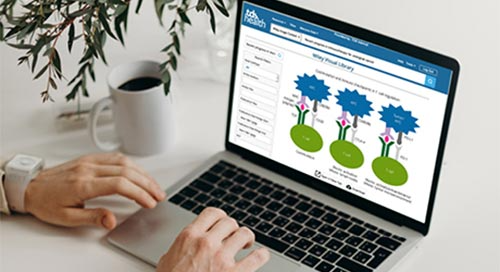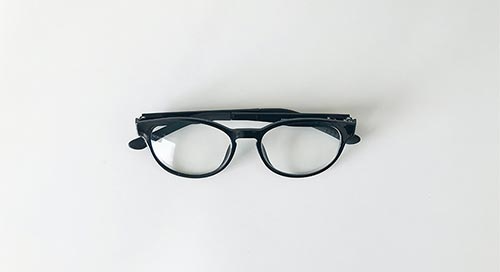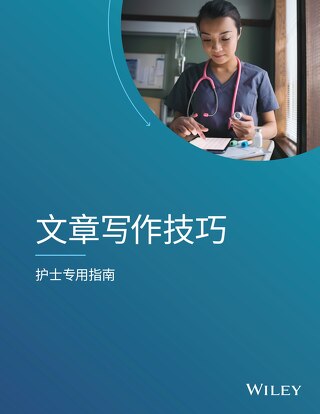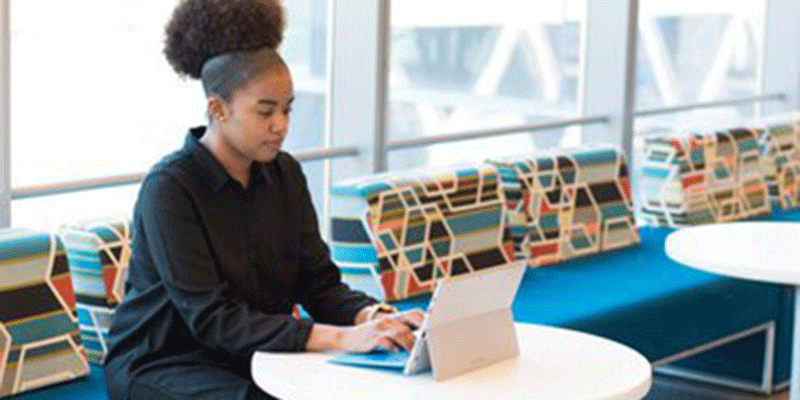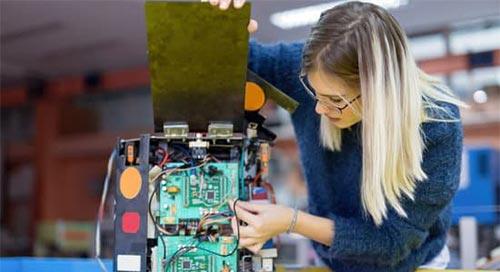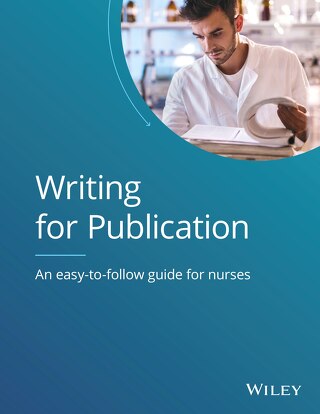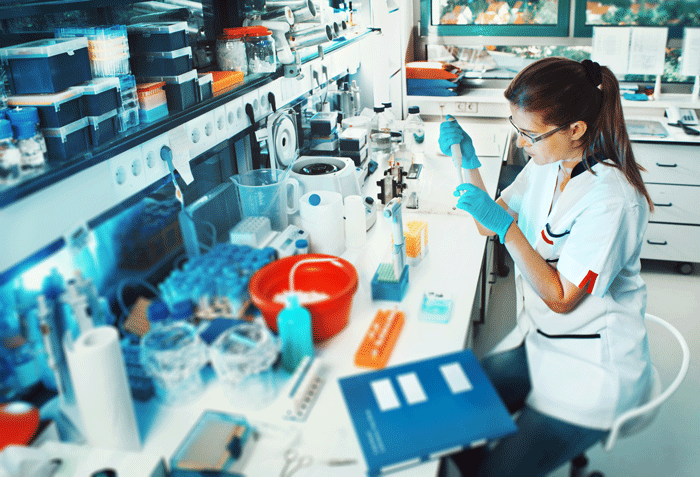how-research-content-supports-academic-integrity
March 09, 2022
Enforcing academic integrity is a critical part of higher education. As the past year has forced many institutions to explore online learning, academic integrity is more important than ever: in a recent survey of over 700 instructors, over 93% of respondents believed that students are more likely to cheat online than in-person.
Cheating and other forms of academic dishonesty hurt student learning. In the world of professional research, dishonesty can have serious consequences for the progress of scientific discovery.
In order to protect integrity in both learning and research, Wiley works with providers of plagiarism detection solutions to leverage our research portfolio to identify unauthorized content reuse. Since 2008, we have worked with services including Turnitin and Ouriginal to protect and enforce academic and research integrity.
Our newest partner is Antiplagiat, a software company that offers solutions for Russian-language plagiarism detection at both academic institutions and corporate settings.
“Our company aims to improve the quality of scientific papers and the overall quality of research. Our goal is to design the best tool for plagiarism detection,” said Antiplagiat CEO Yury Chekhovich.
Antiplagiat began as a startup in 2005 and has risen to become the leading provider of plagiarism detection services in Russia. Antiplagiat focuses on Russian-language plagiarism detection. Today, Antiplagiat has one million monthly users, with over 34 million documents uploaded into their system every year. In 2020, their database of indexed sources surpassed one billion documents.
Wiley is the first major global publisher to partner with Antiplagiat. Though much of Wiley’s portfolio is published in English, Antiplagiat’s cross-language text reuse detection modules make it possible to check for plagiarism in translation.
“You can use the Wiley collection of English language documents for checking documents not only in Russian, but also in Kazakh, Kyrgyz, Uzbek, and overall more than 100 languages,” said Chekhovich. “Our research has shown that many texts that are checked for reuse in the Antiplagiat system contain reference to documents from the Wiley Online Library collection.”
Antiplagiat’s technology not only enables cross-language plagiarism detection, but also has tools to detect fraud, paraphrased plagiarism, and more.
“We pay a great deal of attention to the correct use of our tool so that users do not only take raw figures, but also use our tool to perform expert assessment,” said Chekhovich.
Antiplagiat does not only serve the academic community; it also reaches users in the corporate world.
“Our customer portfolio includes some non-academic organizations. However, their requests are almost identical to the requests coming from academic and scientific organizations: to provide them with a unique tool for text reuse detection,” said Chekhovich. “As a rule, such clients check scientific reports on the results of some work they’ve been implementing. Another use case is monitoring the reliability of information that is being prepared for publishing by their employees.”
Antiplagiat’s goal is to improve science and education quality in Russia and beyond. Their work, combined with the value of Wiley’s high-quality portfolio of scholarly publications, helps enforce strong standards of academic and research integrity – which lead to ethical citizens, more reliable research, and better outcomes for the research community and the world.
Are you interested in licensing Wiley content? Reach out to our team.
This article is part of the series Real World Impact with Wiley Research.


